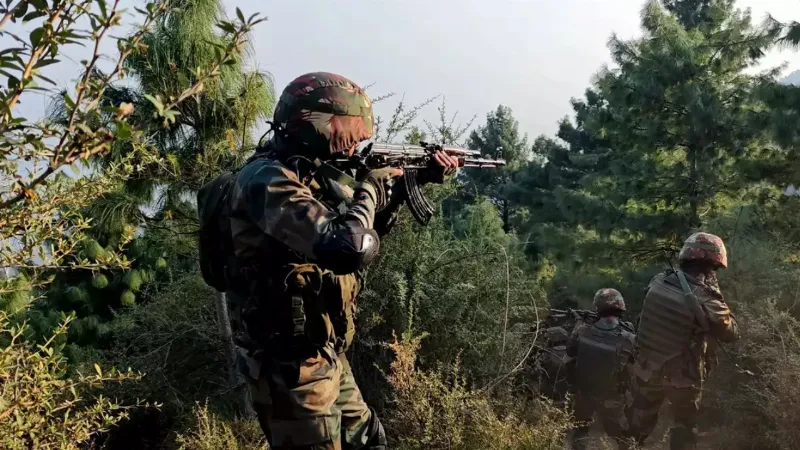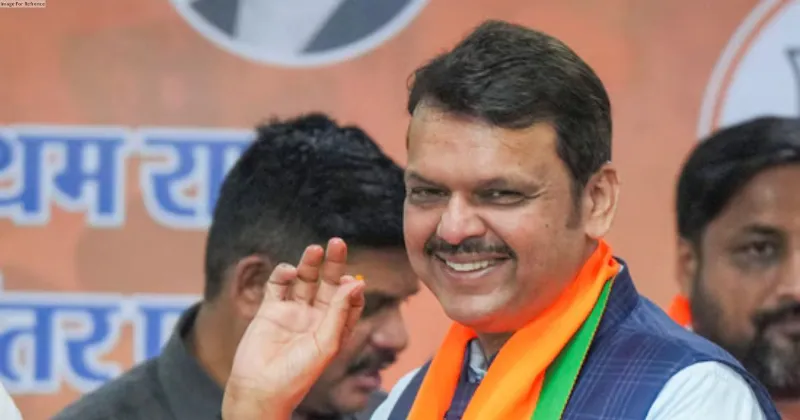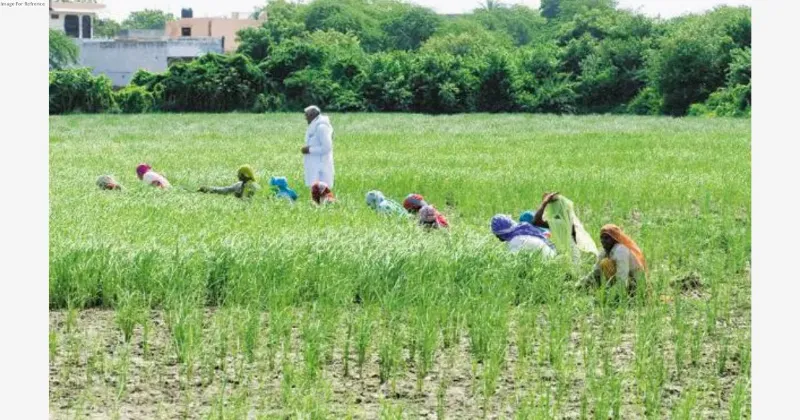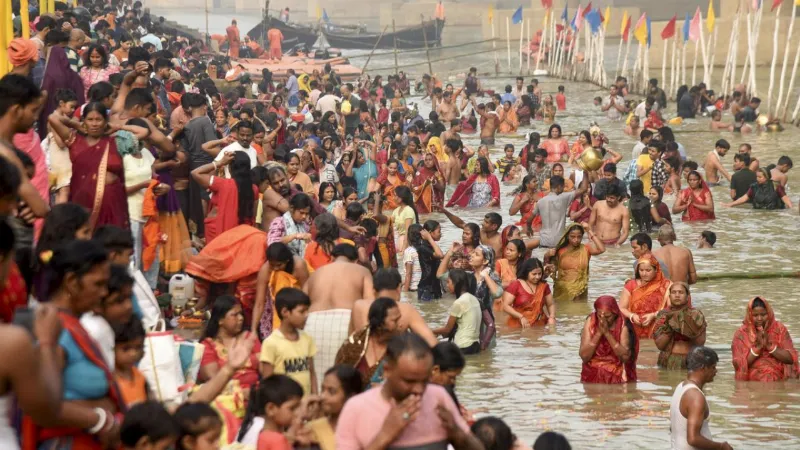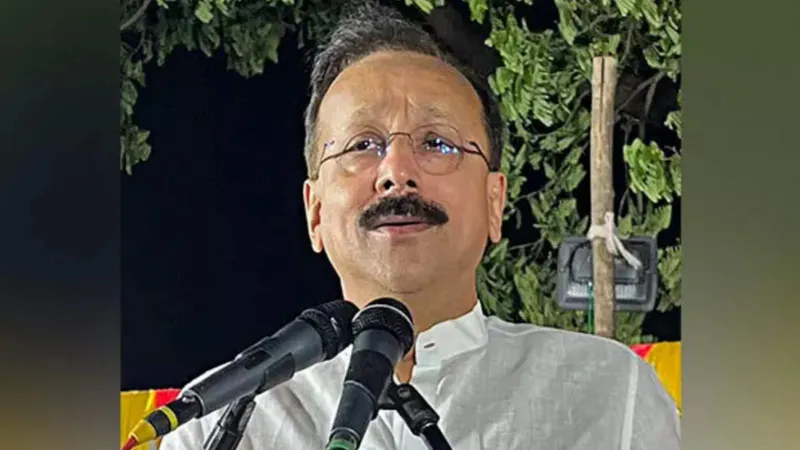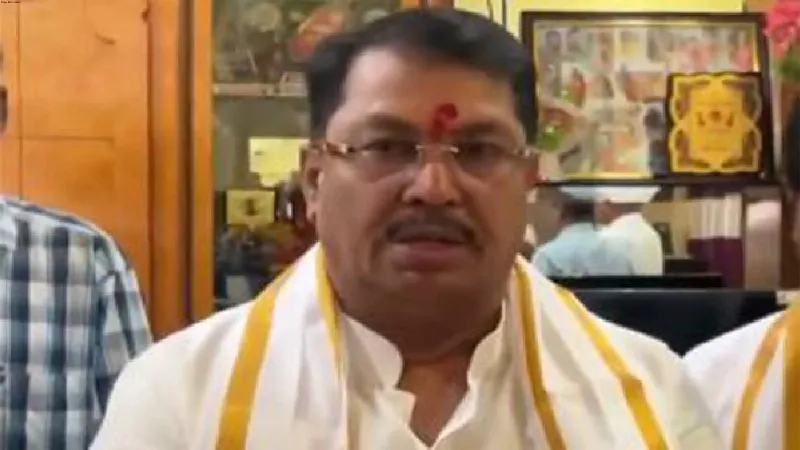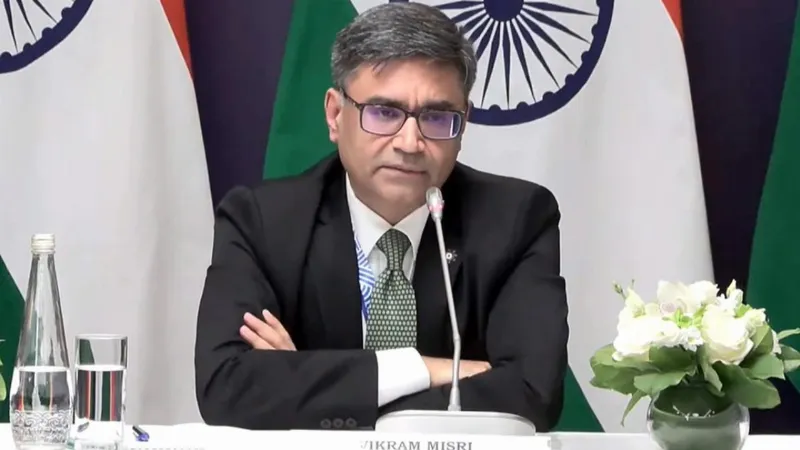Latest News
KEYNOTE ADDRESS ON 'WRITING AS A FORM OF RESISTANCE' BY ABDULRAZAK GURNAH

Jaipur: The inaugural ceremony of the 16th edition of the Jaipur Literature Festival began with speeches from acclaimed personalities, including author William Dalrymple, Namita Gokhale and Sanjoy K. Roy. Roy, who shared how—with over 80% of attendees under the age of 25 in 2020—the Festival has found a niche among India’s young. The Festival has tried to consider the future of this young demographic by attempting to go carbon-neutral. Roy also mentioned their commitment to increasing the reach of the Festival to students from economically-weaker sections by saying that their events from three venues will be live-streamed this time. Further, through their partnership with Pratham Books, they will be setting up libraries across 50 schools for the economically weak. Author Namita Gokhale spoke at length about the diverse languages that the Festival has come to represent—in this edition, there will be speakers from over 20 Indian languages and 14 international languages, making this an event that represents the diversity of its attendees. Giving a brief of the vast kind of talks, William Dalrymple said that this edition will include winners of the most coveted literary awards from around the world, including the Nobel Prize winner Abdulrazak Gurnah, the Man Booker prize winners Geetanjali Shree and Daisy Rockwell, among many others.
This was followed by the keynote address by Nobel Prize-winning author Abdulrazak Gurnah. Gurnah spoke about writing as a form of resistance by attempting to gauge what it was in resistance to. He mentioned that it is in resistance to forgetfulness which obscures us from remembering what we know to go unnoticed. Secondly, he noted that it was in resistance to distraction to the things that did not seem more immediate. Thirdly, he said that it was a resistance to neglect—which forced us to not let things important to us be forgotten. This was a responsibility that all writers had. In that sense, this was not perforce fighting tyrants or mobilising people but was a responsibility to keep things alive.

